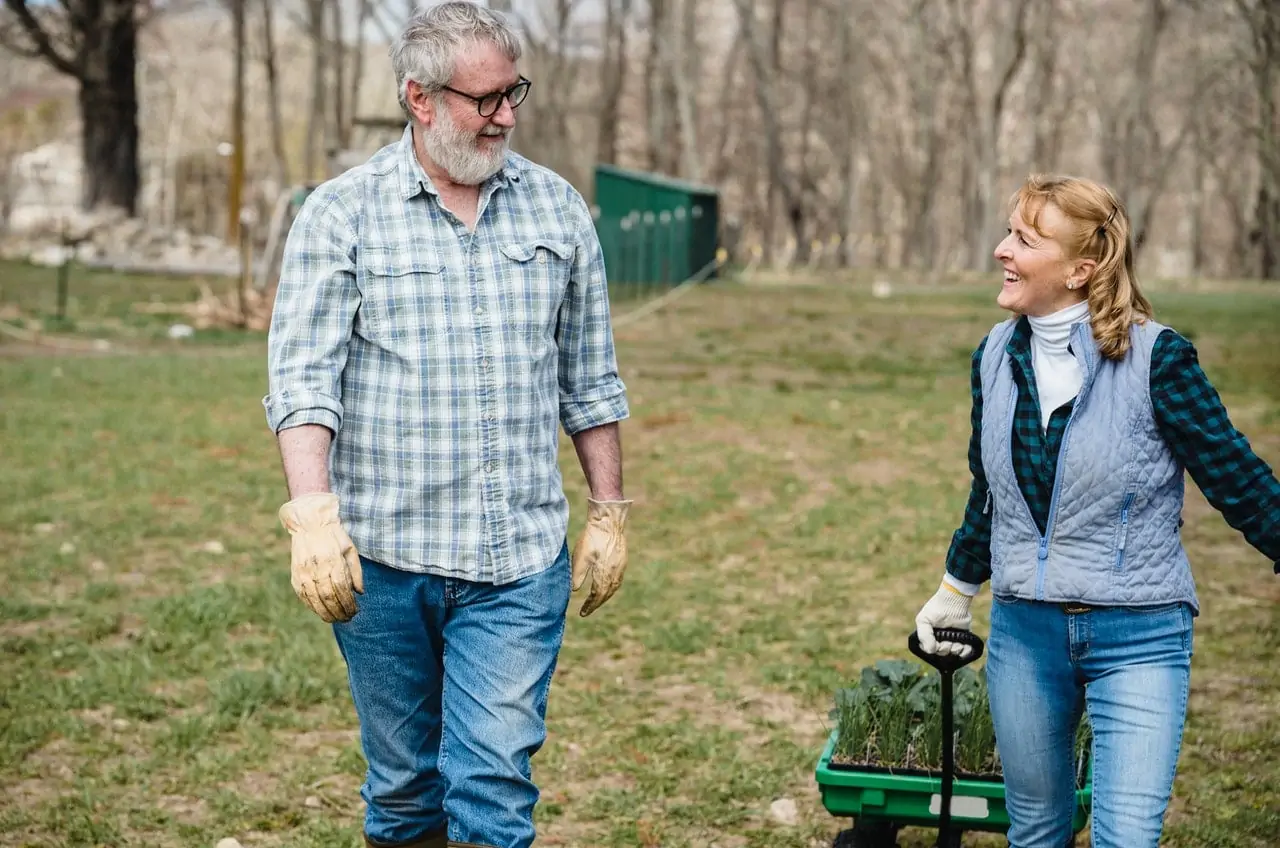
Older Persons At Risk For Opioid Use Disorder
Many people find that as they grow older, they suffer some form of a chronic condition. Often this condition comes with pain, such as arthritis. Because pain “piles up” over the years, doctors may feel more comfortable prescribing drugs like opioids. (Opioids, after all, offer a large amount of painkilling.) However, many people who take opioids long-term are at risk for opioid use disorder.
Many people over the age of fifty find themselves in need of more healthcare as they grow older. Surgery is more common at these stages; after all, even athletes have some body parts that have been over-used or misused over the years.
Substance Use Disorder and Opioids Among Older Populations
A 2021 study on seniors who underwent hip surgery illustrates the need for better types of pain management for older people. Out of 30,000 patients, nearly 17% ended up taking opioids for at least six months post-surgery. Almost 70% of this group still felt they needed their opioid prescriptions for almost three months. However, it may not have been simply because they were in pain.
“Our study found that at three to six months after hip fracture surgery, one in every six elderly patients was still taking opioid pain medications,” Dr. Kanu Okike, the study’s lead author, explained.
“Prolonged opioid usage was more common among patients who were aged 60 to 69, female or obese. Prolonged opioid usage was also more common among patients who smoked, had a greater number of medical comorbidities, or had a history of substance abuse,” he said.
In other words, people with a history of substance use disorder may have been relying on pain medication too much. The longer-term use of opioids is a warning sign.
Alternatives to Opioids For Pain
Most doctors are simply trying to help when they prescribe medications. They may not realize that an older person has become dependent or begun misusing opioids. Or they may not realize the full benefits of physical therapy and other treatment methods.
Many people with nerve pain do better with other drugs like anticonvulsants. Many people have also had success with Suboxone, also a Medication-Assisted Treatment drug, to control their pain.
Addiction can have frightening consequences for a person with co-existing disorders. This is especially true when a person experiences withdrawal symptoms. However, if you or somebody you love may have a problem with opioids, help is available.
Getting Help For Opioid Use Disorder
If you or somebody you love is struggling with opioid use, we’re here to help. We offer pain management, Medication-Assisted Treatment, and compassionate care to North Carolinians. Give us a call at 910-295-7246 to learn more about how we can help.
If you are in need of help, please call us at: 910-295-7246 or message us.
Categories
News
